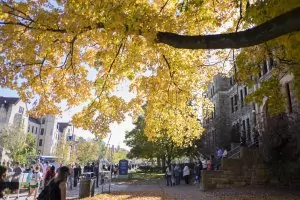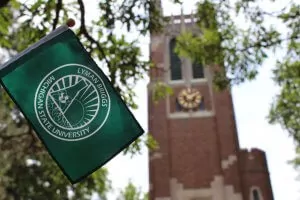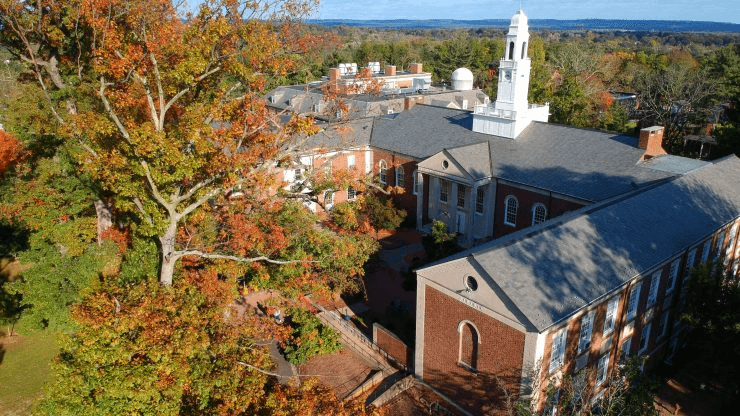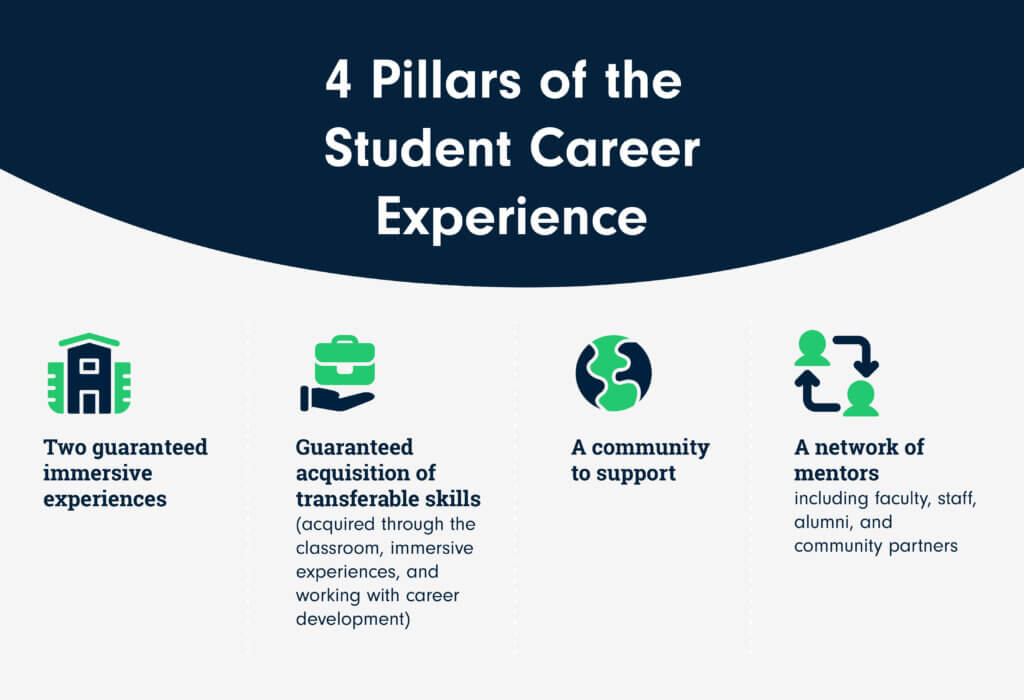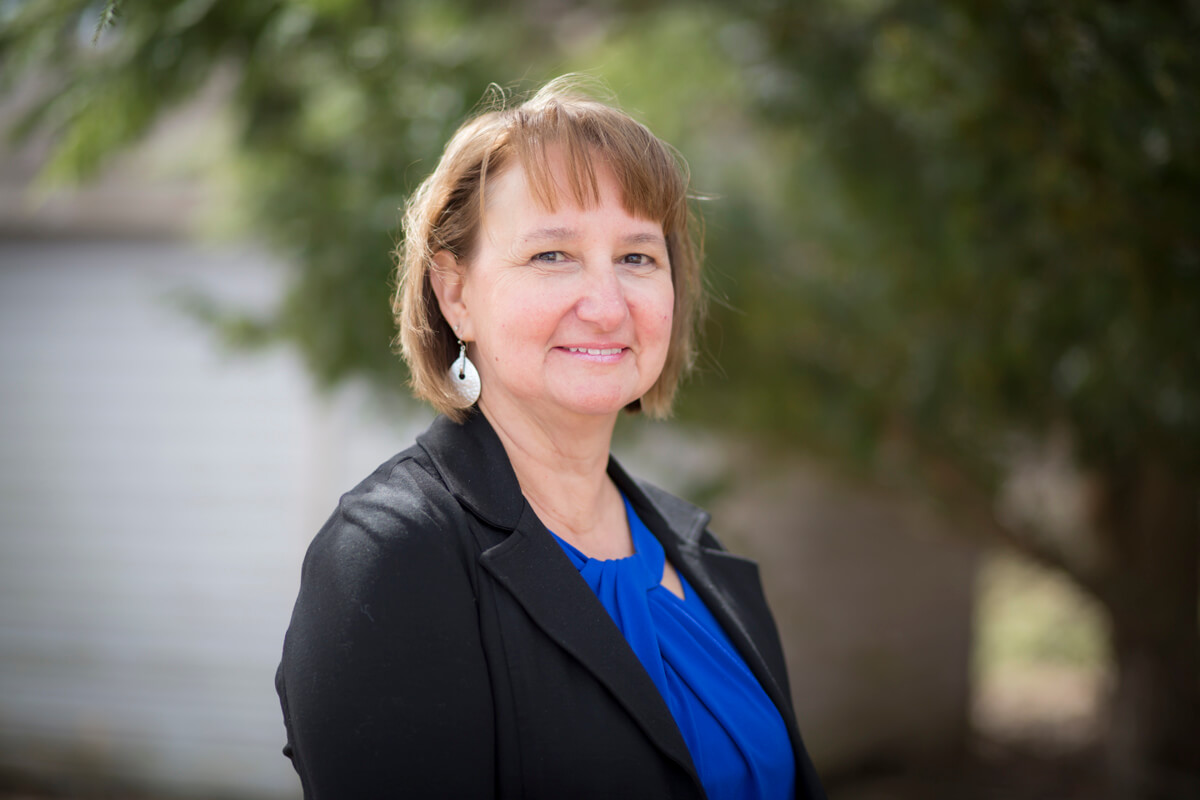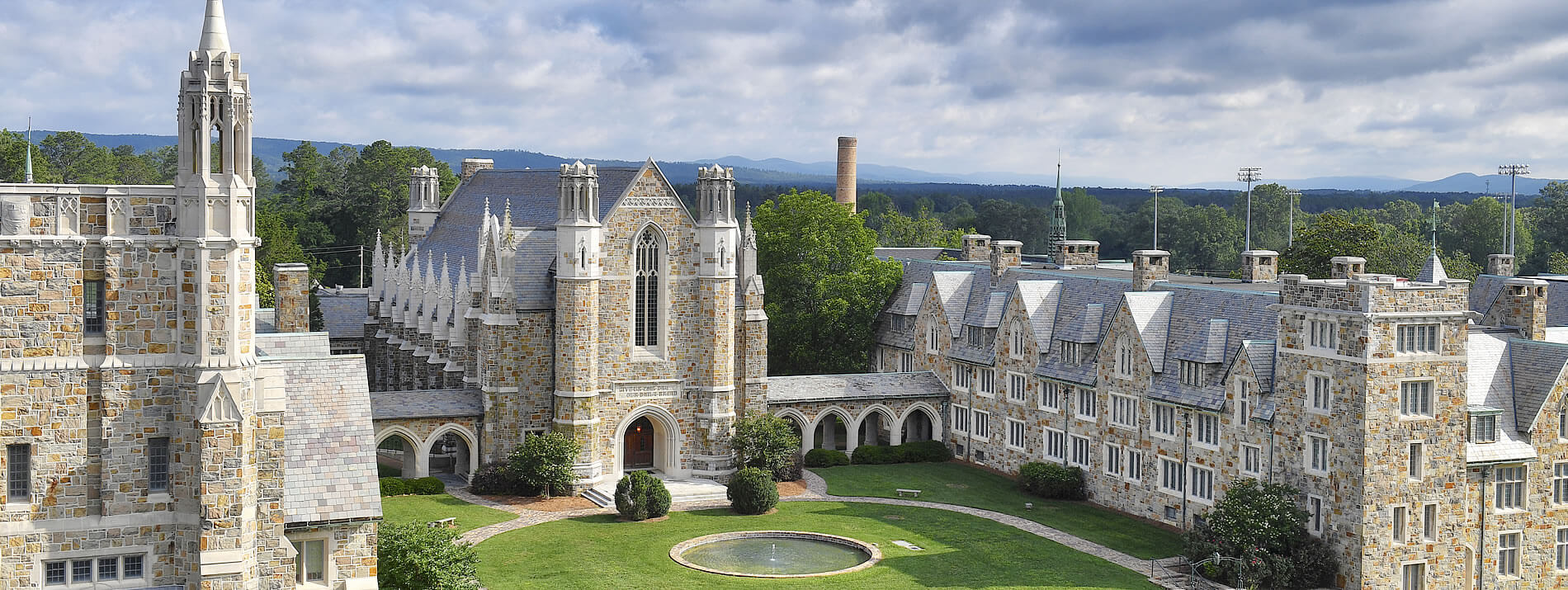During assessment roughly a year later, Drew University met the targets on immersive experiences, transferable skills and integrated career development, and community building. Next, they looked to zero in on the mentorship aspect.
To meet their fourth pillar goals around mentorship, the university decided to lift up the idea of developing a network of mentors. “We need to make it present and visible to students that this is important,” Carol shared.
Drew had a Center for Civic Engagement, a Center for Global Education, and a Center for Career Development. The school decided it needed a Center for Mentoring and Professional Network. They also determined it needed to fall under Academic Affairs so it would be visible to all students.
Students pay attention to what comes from faculty or staff who work in Academic Affairs. They consider it important to their success. That’s why the university chose to place the Center for Mentoring and Professional Networks under the heading of Academic Affairs. This placement also meant mentorship was present with students for the entire journey—from when they start looking at Drew, to when they’re admitted, and through their undergraduate experience.
“It provides us with an opportunity to train them through the process,” Carol said. “We don't want students waiting until their junior or senior years to get a mentor. We don't really want a second-semester senior coming to us saying, ‘Oh, I haven't connected with anyone in this area, and I haven't found a job in finance yet.’ We want them to start thinking about that and start getting comfortable with speaking with alums in their first year.”

